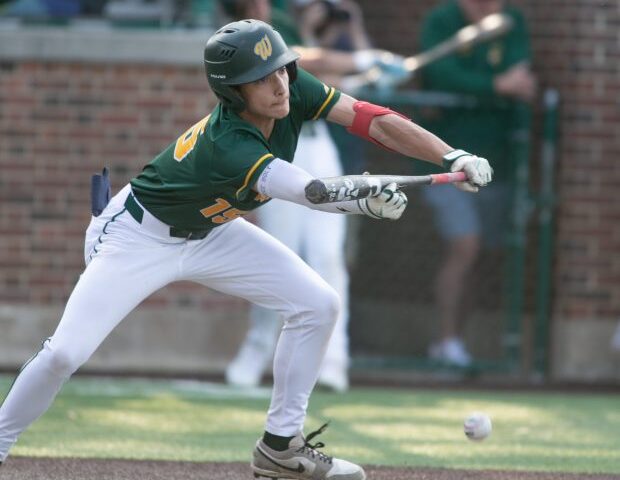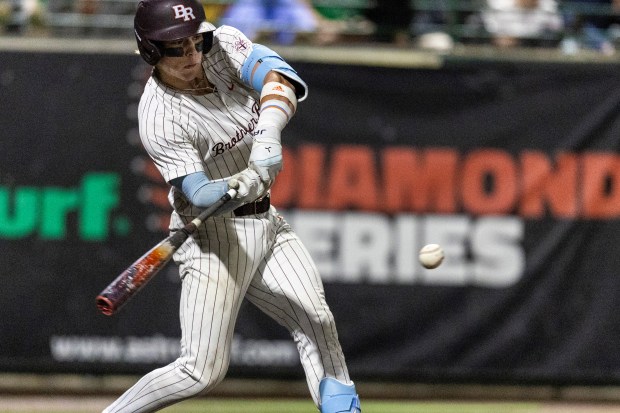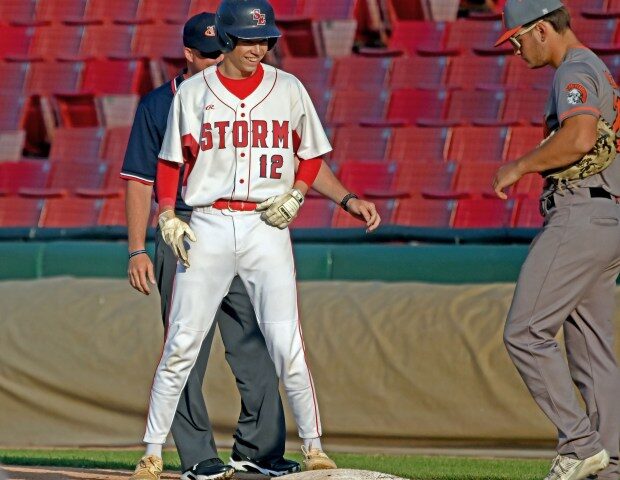Long before the internet, my father would pack the Pontiac station wagon for a two-week summer vacation with my mother and their eight children, back the car out of the driveway, make the sign of the cross and then shift into gear for a road trip with just a vague destination in mind.
He loved driving, so we knew we would be in the car all day, headed for the northern reaches of Michigan, Wisconsin or Minnesota.
States back then provided roadside picnic tables, so we’d have lunch next to the highway, eating liver sausage and mustard sandwiches out of Mom’s picnic basket, bracing for the deafening whine of each speeding car that would pass and blow away whatever paper plate was not weighed down.
Toward evening, we kept eyes peeled for waterfront cabins to rent, and Dad would turn down a narrow gravel drive and see if there was a vacancy for a family of 10 while we waited in the car. When he emerged from a resort office, we’d study his face for evidence of success.
Barely 40, my father had been fitted by the dentist with an upper partial, which, when he was mulling something over, he’d move up and down with his tongue, appearing to smirk. That look usually meant that this might be a good place to stay, subject to my mother’s approval after she heard the details about the swimming beach, towels and linens, number of beds and, of course, the cost.
But if his partial was in place and his mouth set, it meant he had already made up his mind to move on. He’d settle behind the wheel and ease back onto the highway, and we would all lean forward to hear him detail the lumpy beds or the outhouse we would have had to use. Even funnier were his descriptions of the host or hostess, as, in one case, “a pipe smoking lady who kept winking at me.”
Today, it may sound like a torturous way to travel, but we absolutely loved it: the exploration, the guessing game, the reward when Dad finally discovered a treasured place.
Charlie McGrath was a salesman in debt half his life and never able to buy us the clothes, shoes and gadgets our friends from smaller families had. But he unselfishly gave to each of us something way more valuable: himself.
Like those stays in humble cabins, where we swam, fished and caught lightning bugs. My best memory was of Dad taking me to Dutchies, a cool and dark tavern on Silver Lake, where he ordered an Old Style for himself and a Pepsi and bag of Jays potato chips for me, and asked questions about school and my paper route as though I were one of his grown-up friends.
Or later that autumn, when he took me with him on bowling night, and I sat with the men on his team from the tile company, marveling at how they could roll an impossibly heavy ball. And the rest of the evening, I spent the five dimes Dad gave me playing arcade games and pinball, shooting ducks and sliding the steel puck in a miniature bowling game, while saving the last two dimes for a keychain and a tiny bottle of Wildroot hair cream from a vending machine.
Or that Sunday night in winter, when he asked for my “big boy” help to shovel snow, and I worked on the front steps with my plastic shovel as he cleared the sidewalk with his curved metal one. And how when we were through, we each grasped a handle of the galvanized trash can and carried it out front for the truck to haul away on Monday morning.
Or that lazy Saturday afternoon in the August, when he waved me over to where he sat in the garage listening to Bob Elson call a White Sox game, so that he could pitch me the wiffle ball without leaving his chair, throwing fancy curves and knucklers I’d either miss or hit over our back fence. And he’d do it all day, or as long as I wanted, or until the end of the Sox game, so that I felt like I was the only kid in the family, or, at least, his favorite.
Of course, I knew in the back of my mind that each of my seven siblings felt the same way, since Dad somehow managed to treat every one of the eight of us like we were special. For he had a “one at a time” system, in which we each had a turn on bowling night, or for a trip to the park where he’d push us for an hour on the swing. Or to the hardware store for a box of nails where he provided pennies for the gumball machine. Or the rare occasion when he’d take me to work and let me keep some tile samples and a pen from his salesman’s desk.
Years after he died, I watched my brothers and sisters give of themselves to their own children, ensuring their kids’ happiness and self-worth. And I found myself watching my siblings’ faces, half expecting to see them rotate their partials in the same hopeful way.
And that’s how I remember Dad on Father’s Day: Though his paycheck was spread too thin, his love for us was boundless.
David McGrath is an emeritus English professor at the College of DuPage and author of the newly released book “Far Enough Away,” a collection of Chicagoland stories. Email him at profmcgrath2004@yahoo.com.
Submit a letter, of no more than 400 words, to the editor here or email letters@chicagotribune.com.





